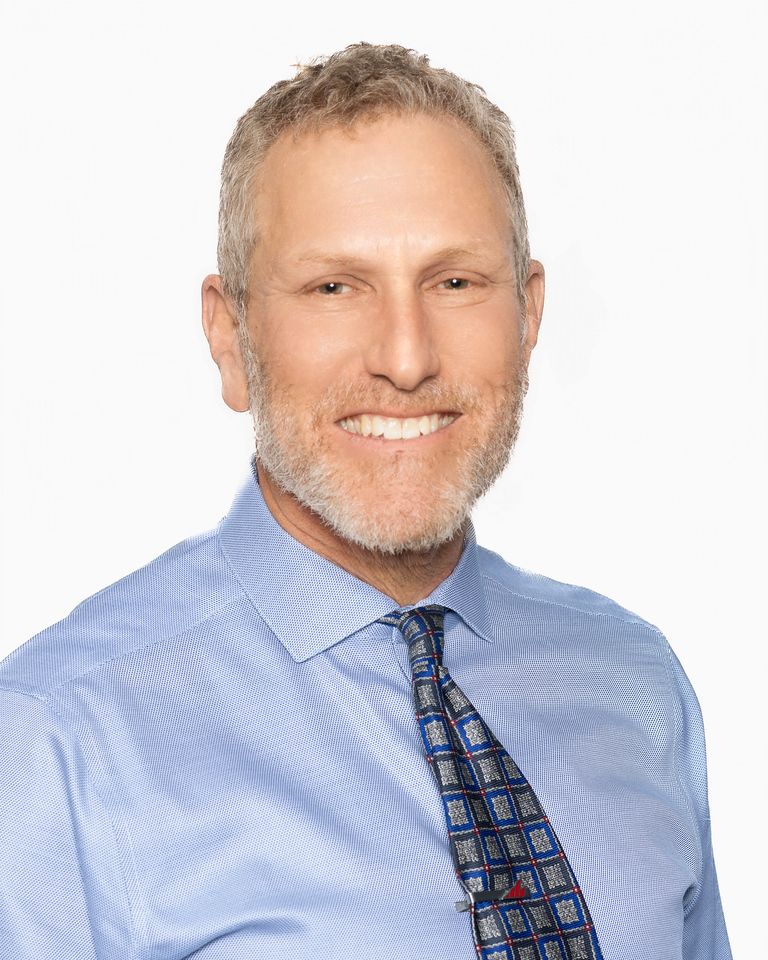Don’t hide in the bubble: Act locally — engage regionally
At the Boulder Economic Council’s recent Economic Summit, we heard mostly great news about our creative, innovative community. Justly so. But we also heard some warnings that sounded similar to those outlined by Richard Florida in his new book, “The New Urban Crisis,” and which I wrote about in my previous column: High living and business costs, along with persistent “NIMBY-ism,” are contributing to a disturbing lack of diversity and opportunity for young people and for middle-class families. It’s enough to make you want to curl up and hide in a bubble, the Boulder bubble that is … but there’s a better approach.
Even though Richard Florida’s new research disclosed some disturbing trends for creative-class cities, such as Boulder, he also maintains his optimism about their future. That optimism rests on adopting some specific policies to better ensure an equitable sharing of economic progress and attract working-class and younger citizens so needed to ensure future economic vitality.
In essence, Florida recommends a “framework for fuller and fairer urbanism” as a solution. That includes such things as reforming zoning laws and building codes to encourage density, developing more affordable housing and investing in infrastructure and people. These are many of the same solutions that the Boulder Chamber and other thoughtful leaders have advocated in their search for a better path forward for our community.
This is all consistent with the emphasis in Florida’s latest work on empowering local leaders to strengthen their own economies, rather than relying on programs designed in Washington, D.C. I’ll expand on this emphasis in my next installment on building a truly Boulder-based solution. But for now, suffice it to say that, especially in the new era of potentially decreased national funding for housing, transportation, and human development, state and local leaders have to take the reins even more. Florida, in fact, describes himself as a “localist and a Federalist” in his approach.
Maybe, however, Florida is too “localist.” Amy Liu, vice president and director of the Brookings Institution Metropolitan Policy Program, believes cities alone cannot make the required changes. She writes that what is needed is more regionalism. She believes the scope of the issues causing the “crisis” transcends a single jurisdiction, so we must find solutions beyond siloed boundaries and economic sectors. Liu advocates a four-pronged approach:
1. Making the case across a broad coalition.
2. Communicating with voters.
3. Collaborating regionwide.
4. Acting locally, but engaging regionally.
These last two points bear expanding. Too often, she says, local governments resist regionalism. It’s true, as Liu acknowledges, that regional approaches inject more bureaucracy into action across multiple cities and counties. And one only needs to whisper, “FasTracks,” to elicit scorn, or much worse, with respect to some regional solutions. But, as Liu notes, “the scale and cross-cutting nature of the New Urban Crisis suggests we can’t do more of the same: The pursuit of inclusive growth will fail if leaders’ mindsets and strategies remain siloed within jurisdictions and sectors.” Fortunately, Liu also sees that increasingly, local leaders are realizing they must act regionally, getting outside their traditional comfort zones.
It’s that very principle that motivated our creation of the Northwest Chamber Alliance. The Longmont, Broomfield and Boulder chambers all recognized the limited impact of actions we take within our own communities to improve workforce mobility and expand workforce housing, just two of the important issues we’ve begun tackling together.
Representing the collective voice of our approximately 2,400 business members and their 100,000 employees, we also recognize the powerful perspective we bring to the regional policy table. It takes compromise, for sure, as the communities we represent aren’t always aligned, politically or philosophically. Listening to each other with respect and keeping an open mind has taken us a long way toward overcoming any differences and finding the common ground that moves us toward collaboration and progress.
Of course, I’m still as parochial as ever in my representation of local community interests at the helm of the Boulder Chamber. In reality, out of both enlightened self-interest and sincere concern for the broader welfare of the world outside of our Boulder bubble, I am motivated by the findings and conclusions of thought leaders such as Florida and Liu to act locally on behalf of an even stronger community with an eye toward the solutions that are regional in scope. Working with my Northwest Chamber Alliance partners, along with other regional engagement measures, is a critical step toward turning our “crisis” into the opportunity for a brighter future.
John Tayer is CEO of the Boulder Chamber. Reach him at 303-442-1058 or john.tayer@boulderchamber.com.
At the Boulder Economic Council’s recent Economic Summit, we heard mostly great news about our creative, innovative community. Justly so. But we also heard some warnings that sounded similar to those outlined by Richard Florida in his new book, “The New Urban Crisis,” and which I wrote about in my previous column: High living and business costs, along with persistent “NIMBY-ism,” are contributing to a disturbing lack of diversity and opportunity for young people and for middle-class families. It’s enough to make you want to curl up and hide in a bubble, the Boulder bubble that is ……
THIS ARTICLE IS FOR SUBSCRIBERS ONLY
Continue reading for less than $3 per week!
Get a month of award-winning local business news, trends and insights
Access award-winning content today!

